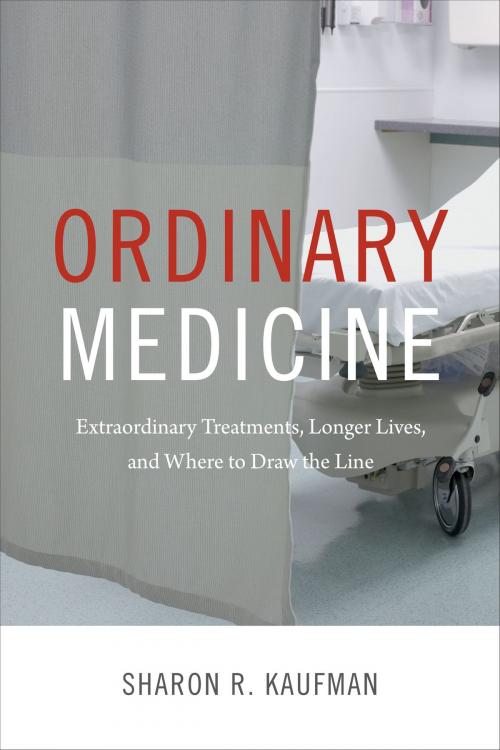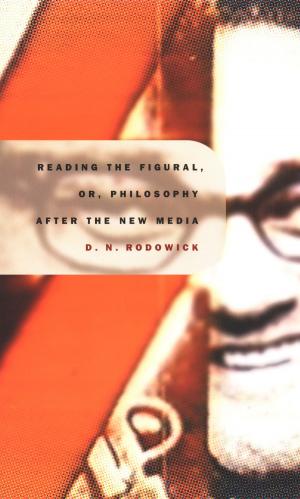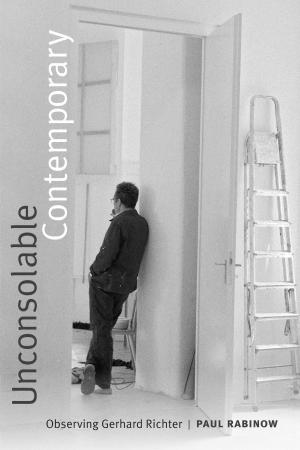Ordinary Medicine
Extraordinary Treatments, Longer Lives, and Where to Draw the Line
Nonfiction, Health & Well Being, Medical, Medical Science, Genetics, Health, Health Care Issues, Aging| Author: | Sharon R. Kaufman | ISBN: | 9780822375500 |
| Publisher: | Duke University Press | Publication: | May 29, 2015 |
| Imprint: | Duke University Press Books | Language: | English |
| Author: | Sharon R. Kaufman |
| ISBN: | 9780822375500 |
| Publisher: | Duke University Press |
| Publication: | May 29, 2015 |
| Imprint: | Duke University Press Books |
| Language: | English |
Most of us want and expect medicine’s miracles to extend our lives. In today’s aging society, however, the line between life-giving therapies and too much treatment is hard to see—it’s being obscured by a perfect storm created by the pharmaceutical and biomedical industries, along with insurance companies. In Ordinary Medicine Sharon R. Kaufman investigates what drives that storm’s “more is better” approach to medicine: a nearly invisible chain of social, economic, and bureaucratic forces that has made once-extraordinary treatments seem ordinary, necessary, and desirable. Since 2002 Kaufman has listened to hundreds of older patients, their physicians and family members express their hopes, fears, and reasoning as they faced the line between enough and too much intervention. Their stories anchor Ordinary Medicine. Today’s medicine, Kaufman contends, shapes nearly every American’s experience of growing older, and ultimately medicine is undermining its own ability to function as a social good. Kaufman’s careful mapping of the sources of our health care dilemmas should make it far easier to rethink and renew medicine’s goals.
Most of us want and expect medicine’s miracles to extend our lives. In today’s aging society, however, the line between life-giving therapies and too much treatment is hard to see—it’s being obscured by a perfect storm created by the pharmaceutical and biomedical industries, along with insurance companies. In Ordinary Medicine Sharon R. Kaufman investigates what drives that storm’s “more is better” approach to medicine: a nearly invisible chain of social, economic, and bureaucratic forces that has made once-extraordinary treatments seem ordinary, necessary, and desirable. Since 2002 Kaufman has listened to hundreds of older patients, their physicians and family members express their hopes, fears, and reasoning as they faced the line between enough and too much intervention. Their stories anchor Ordinary Medicine. Today’s medicine, Kaufman contends, shapes nearly every American’s experience of growing older, and ultimately medicine is undermining its own ability to function as a social good. Kaufman’s careful mapping of the sources of our health care dilemmas should make it far easier to rethink and renew medicine’s goals.















